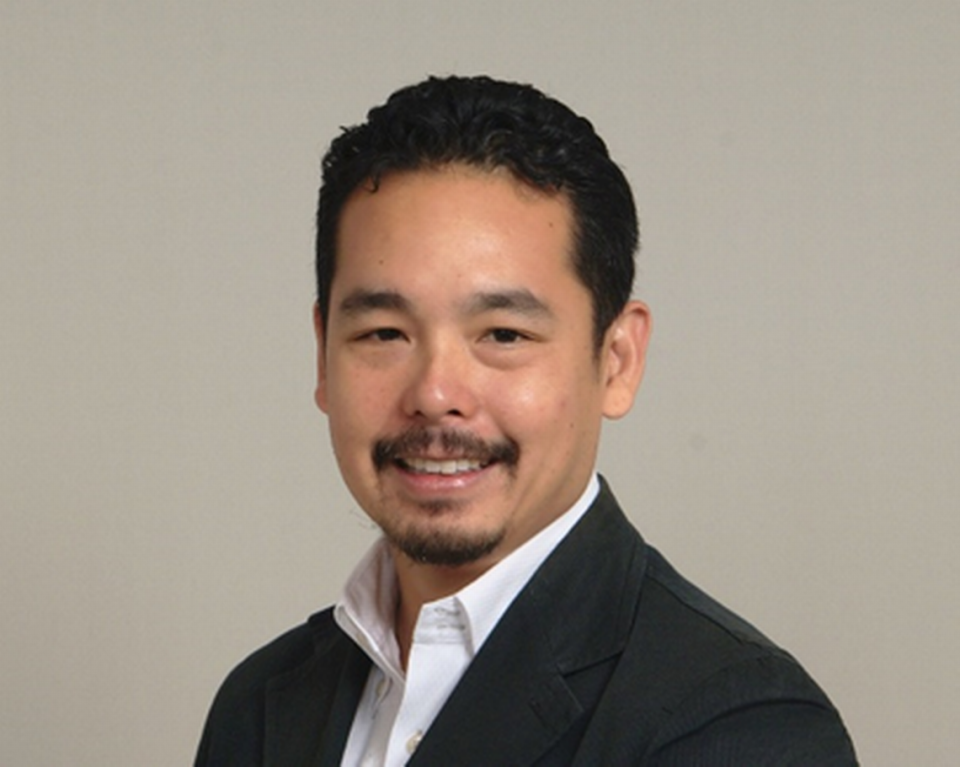The bombing of Hiroshima helped shape an extraordinary culture of peace in Japan | Opinion
On Aug. 6, 1945, my grandfather rushed into Hiroshima City shortly after the first atomic bombing in history.
As a first responder, he intimately witnessed the horrors of nuclear war that forever changed his perception of the world and his role in it.
Surprisingly, instead of being consumed by anger or sorrow, he devoted his life toward promoting peace.
As Hiroshima rebuilt after the bombing, survivors like my grandfather helped shape an extraordinary culture of peace that permeates every facet of life in the city.
The lesson of Hiroshima for my grandfather was to never forget what happened but to also refuse to become trapped in his feelings of loss, grief, and anger.
Instead, he looked toward the future and joined the “greatest generation” of Japanese who emerged from the ashes of World War II to rebuild Japan.
For the remainder of his life, this lesson of Hiroshima provided him with the resiliency to work toward making his vision of a thriving, modern Japan a reality.
My mother was three years old when the bomb fell. Growing up near Hiroshima, the shadow of the bomb permeated her daily life.
On the train, she tried not to stare at the keloid scarred survivors traveling to their unknown destinations.
At school, she struggled to understand why no man wanted to marry the hibakusha girl, the atomic bomb survivor who served her lunch. At home, she listened to her mother cry when she thought all of her children were asleep.
Growing up in the suburbs of Boston, my family’s stories of Hiroshima combined fretfully with the Reagan era Cold War environment of mutually assured destruction, Olympic boycotts and Matthew Broderick holding off global thermonuclear Armageddon through tic-tac-toe in WarGames.
Following my grandfather and mother, I also embraced the lessons of Hiroshima for my own time and place. Over the past 18 years, I have worked in education and conflict resolution in the Middle East region, where the lessons of Hiroshima of forgiveness and resilience remain as topical and relevant today as ever before.
EDITOR’S NOTE: There is a strong connection between the Tri-Cities and the only two cities in the world to be attacked with nuclear weapons. Hiroshima was bombed on Aug. 6, 1945, three months before what experts warned would be a horrific invasion of the Japanese homeland.
On August 9, an atomic bomb using plutonium produced at Hanford , Wash., destroyed Nagasaki. Japanese Emperor Hirohito announced Japan’s surrender five days later, on August 15. The official documents were signed on September 2 aboard the USS Missouri.
Ray Matsumiya will address the Columbia Basin Badger Club live from Tokyo on Thursday, Aug. 10. The forum will begin at noon PDT. There is no charge for Badger Club members. Nonmembers pay $5. To register please visit www.columbiabasinbadgers.com.

Ray Matsumiya has devoted his professional career to unofficial diplomacy, cross-cultural exchange, and peacebuilding. Over the past 22 years, Ray has supervised, implemented, and secured funding for over 50 programs on a variety of topics including peacebuilding, negotiation, and conflict resolution, 21st century work skills, and civic engagement. These programs, implemented in seven countries, have included over 2500 educators, civil society leaders and others who have gone on to impact hundreds of thousands of people in their home communities. Ray’s programs have been endorsed by former Secretary of State John Kerry and praised by senior US State Department officials “to be among the best planned, managed and most effective public diplomacy efforts overseen by the Department.”

